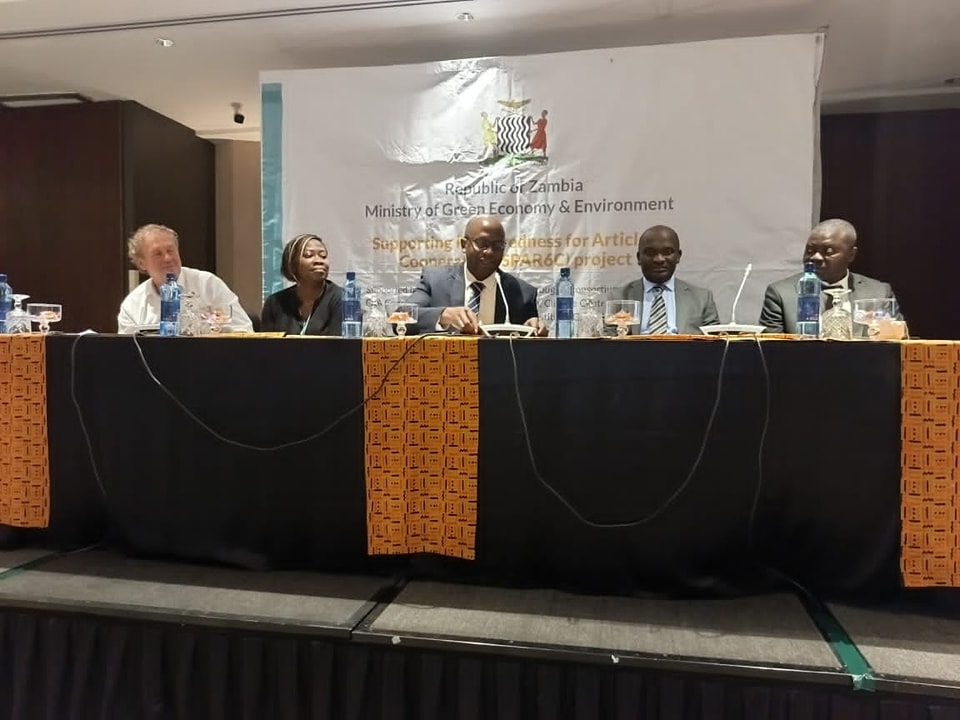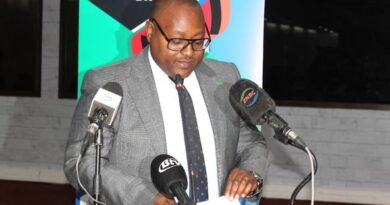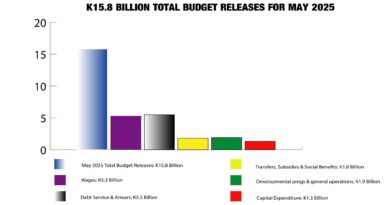Zambian Govt Enhances Capacity of Carbon Project Developers to Boost Carbon Market Operations
The Ministry of Green Economy and Environment (MGEE), in collaboration with the Global Green Growth Institute (GGGI) and its Supporting Preparedness for Article 6 Corporation (SPAR6C) program, hosted a pivotal one-day capacity-building workshop for carbon project developers.
The workshop focused on Zambia’s emerging Carbon Market Framework, aimed at bolstering understanding of processes for project submission, evaluation, approval, and registration under both Article 6 and Voluntary Carbon Markets.
In 2023, Zambia introduced the Guidelines for the Submission and Evaluation of Mitigation Activities under Article 6 of the Paris Agreement, enhancing the Interim Guidelines from December 2022.
These guidelines represent the foundational pillars of Zambia’s Carbon Market Framework, which will guide the country’s involvement in international carbon markets.
As Zambia progresses with its Carbon Market Framework and upcoming Climate Change Bill, project developers need to familiarize themselves with new processes for carbon market operationalization.
The Permanent Secretary of the Ministry of Green Economy and Environment, Dr. Douty Chibamba, emphasized Zambia’s commitment to participating in international carbon markets as a crucial step towards meeting Nationally Determined Contributions and Sustainable Development Goals.
“Since December 2022, the Ministry has processed 39 applications, reviewed 30 project concept notes, and issued letters of no objection to 10 projects,” Dr. Chibamba stated.
These projects are now positioned for further development and potential implementation, including the Consolidated Farming Limited (Kafue Sugar) initiative, which aims to produce 40 megawatts of renewable energy from sugar bagasse. This project will enhance Zambia’s energy supply and support approximately 800 rural households.
The workshop also addressed the transition of existing Voluntary Carbon Market and Clean Development Mechanism projects to Article 6, the establishment of a national carbon registry, and procedures for new project submissions and evaluations.
Participants, including over 40 carbon market developers, engaged in discussions on monitoring and reporting requirements for GHG mitigation.



